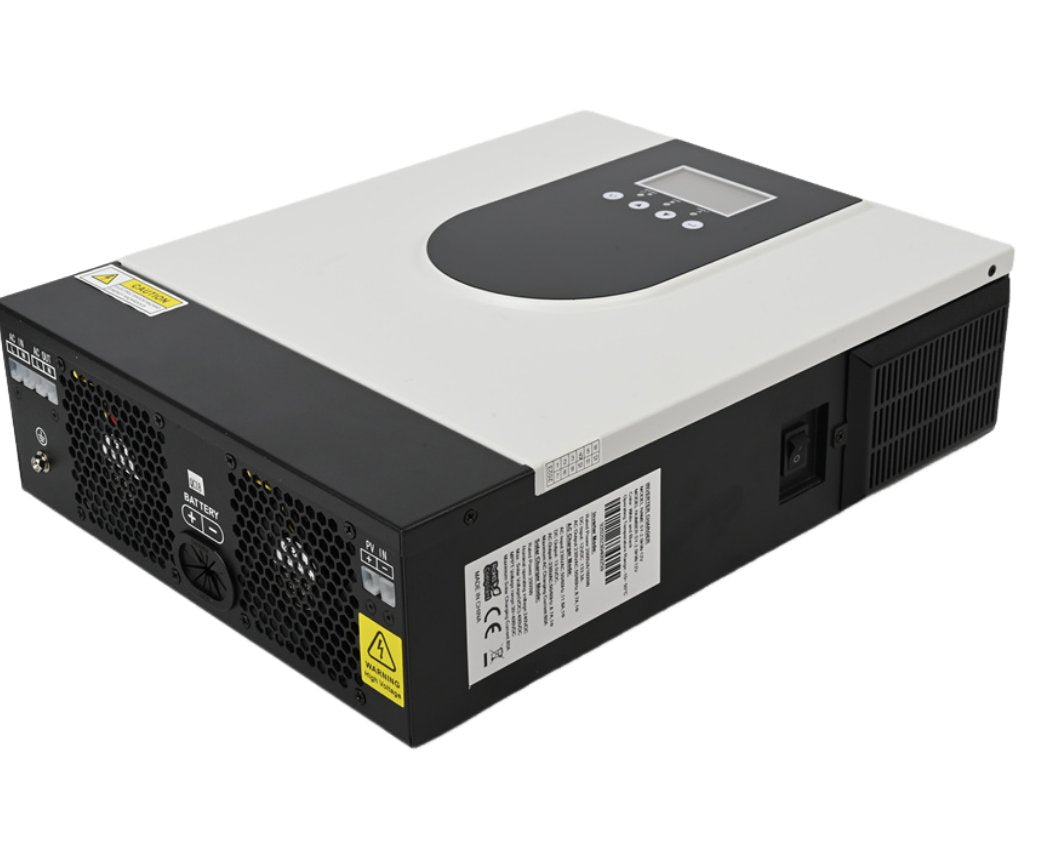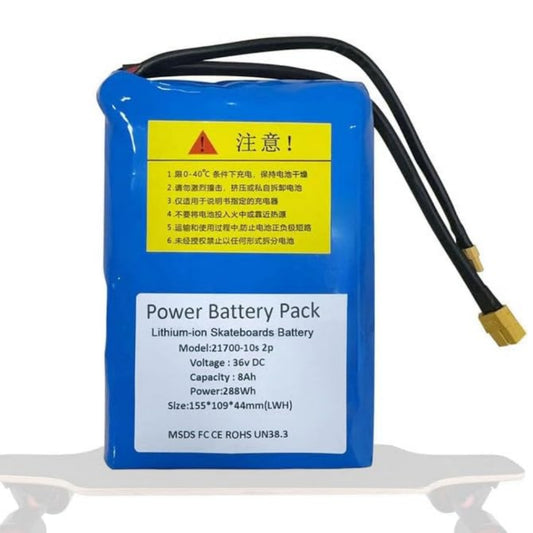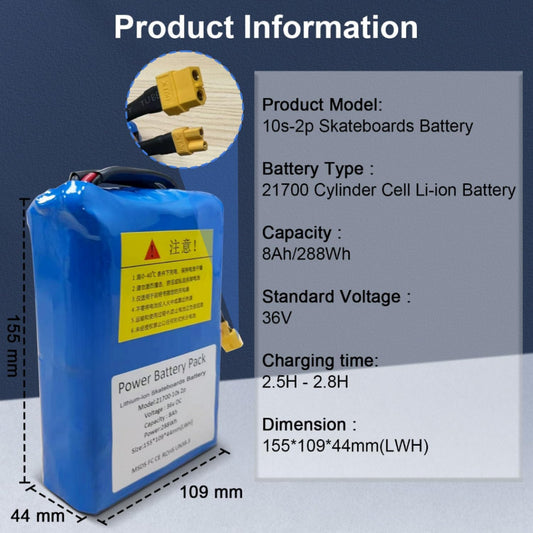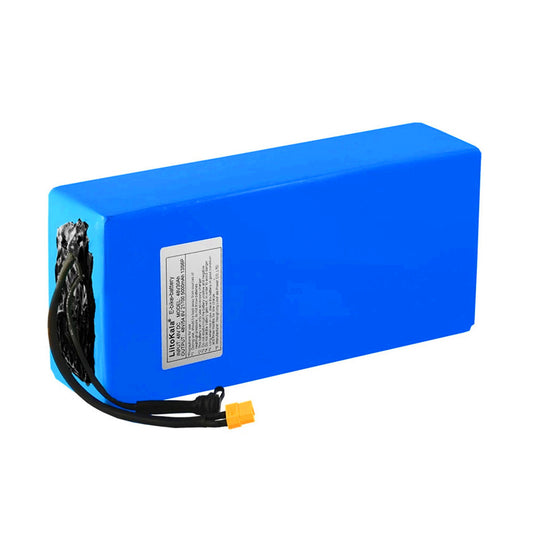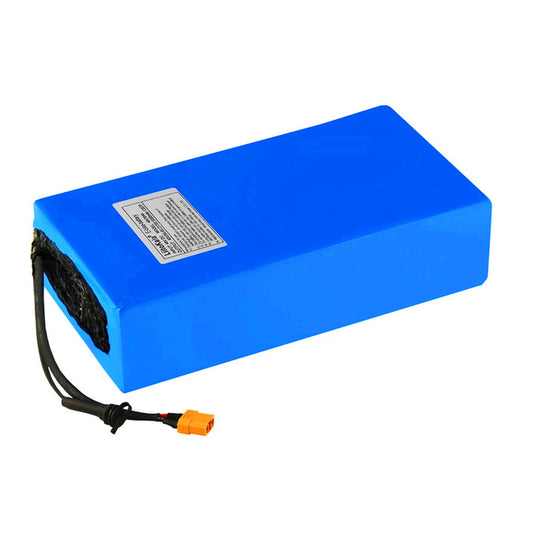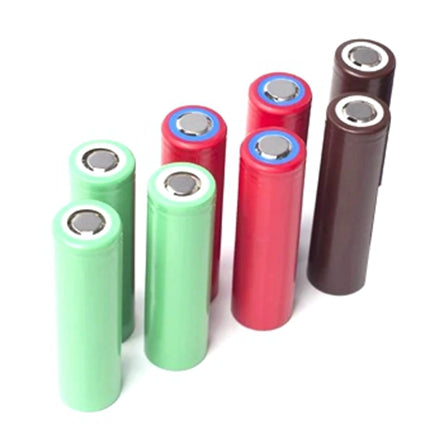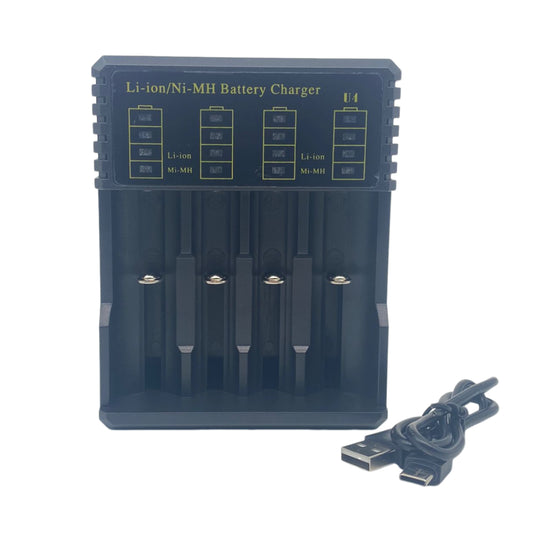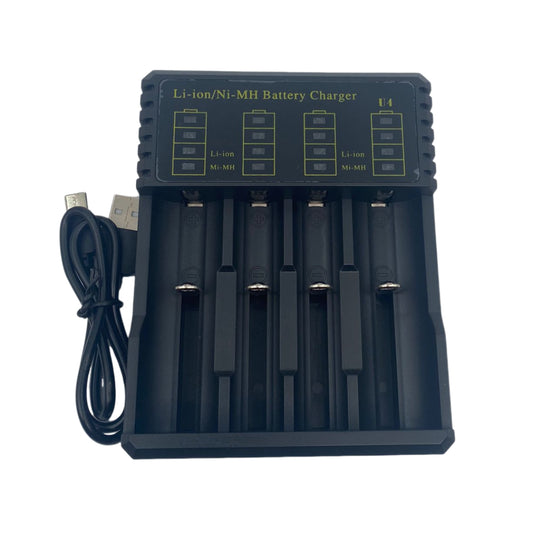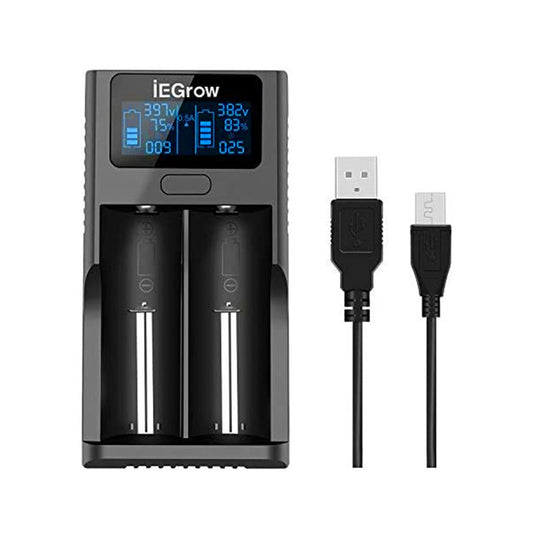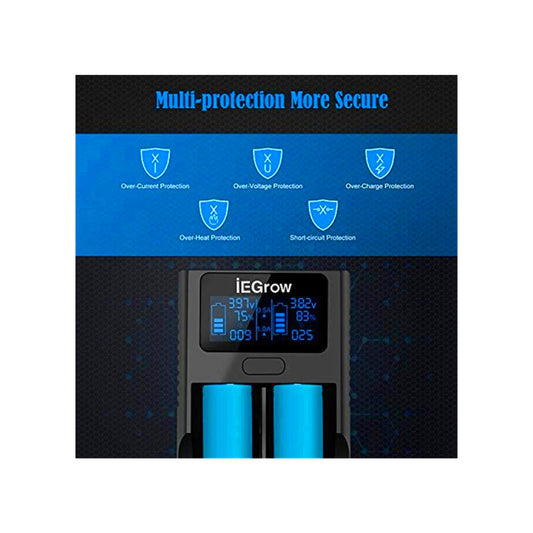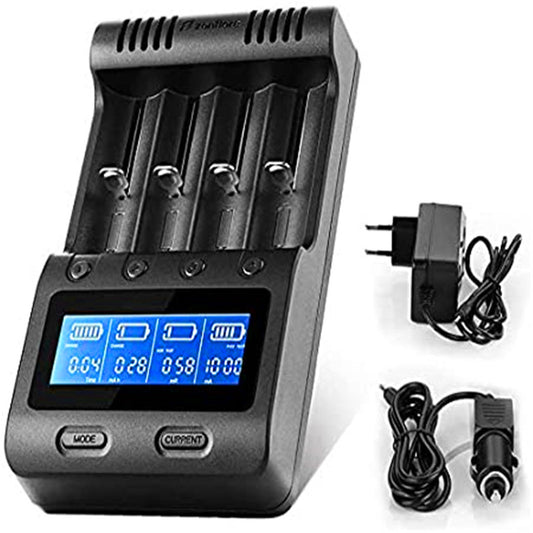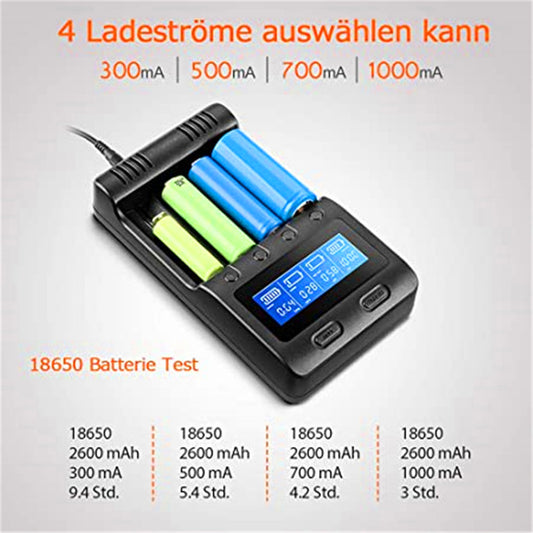18650 rechargeable batteries are widely used in many devices due to their excellent efficiency and economics. Typically, 18650 lithium batteries last between 2 to 5 years or 300 to 500 cycles. However, with proper care, some high-quality 18650 lithium ion batteries can even reach up to 2000 cycles. In this article, we'll explore the key factors that influence the lasting life of 18650 rechargeable batteries and provide practical tips to help you maximize their longevity.
What is Cycle Life?
Cycle life refers to the number of times a battery can be fully charged and discharged before its capacity drops to 80% of what it originally was. Let’s say you have a 3000mAh 18650 lithium battery. With regular use, the battery’s capacity will gradually decrease. After about 500 charge and discharge cycles, you might find that it now only holds around 2400mAh. At this point, the battery starts to show noticeable signs of wear and tear, affecting how well it can power your devices.
But why 80%? When a battery's capacity falls below 80%, the internal chemistry natural degradation inside becomes more quickly. As these materials deteriorate, the battery’s internal resistance increases, which means it can't hold a charge as efficiently as it used to. So your device can't last as long on a single charge as it did when the battery was new.

The Factors that Influence the lifespan of 18650 Batteries
Knowing that the cycle life greatly affects battery performance, we need to learn about what factors will influence the battery's lifespan.
Usage Frequency
The more often you use and recharge your 18650 lithium ion battery, the faster it will wear out. For instance, in high-drain devices like vape mods or powerful flashlights, you might see the battery's capacity drop to 80% after just 300-400 cycles, which could equate to around 1.5 to 2 years of daily use. In contrast, if used in low-demand devices, the battery could last closer to 500 cycles or about 3-4 years.
Charging Practices
Overcharging or using a high-current charger can reduce battery life by 20-30%, cutting a potential 500 cycles down to 350-400. Charging at 0.1C is the most gentle, extending battery life, while 0.5C offers a good balance between speed and longevity. Charging at 1C or higher is faster but can shorten the lifespan.
Storage Conditions
High temperature is a major enemy of battery life. Storing a 18650 lithium battery in a hot environment, such as in a car on a summer day, can reduce its lifespan by up to 40%, meaning a battery that might have lasted 500 cycles could be reduced to just 300. Conversely, storing batteries in a cool, dry place at around 50% charge can help preserve their longevity, allowing them to reach their full potential.
Chemical Composition
The materials used in 18650 rechargeable batteries affect their durability. High-capacity batteries, often with higher nickel content, may lose 10-15% of their capacity faster than others, potentially reducing their lifespan from 500 to around 400 cycles. More stable chemistries, like LiFePO4 3.7v rechargeable battery 18650, tend to maintain their capacity longer, often reaching or even exceeding 1000 cycles under optimal conditions.
Battery Quality
Not all 18650 lithium ion batteries are created equal. Lower-quality batteries might only last 200-300 cycles due to inferior materials. In contrast, high-quality batteries from reputable brands can easily reach 500 cycles or more, with some premium options even surpassing 600 cycles when well cared for.

How to Prolong 18650 Battery Lifes?
To extend the lifespan of your 18650 lithium ion batteries, a few practical steps can make a big difference.
Correct Storage
Proper storage is important—keep your batteries in a cool, dry place, ideally at around 50% charge if you’re not using them for an extended period.
Charging Habits
Charging habits are equally important. Avoid overcharging your batteries or using fast chargers that push too much current. Stick to chargers designed for 18650 lithium batteries and unplug them once they’re fully charged. Overcharging not only shortens the battery's lifespan but can also pose safety risks.
Avoid Deep Discharge
Try to avoid deep discharges. Regularly allowing your battery to drop to very low levels before recharging can accelerate wear. Aim to recharge when the battery reaches about 20-30% capacity, which can help prolong its cycle life and keep it performing well for longer.
Use a Battery Management System (BMS)
Implementing a Battery Management System is another effective way to prolong your battery's life. A BMS monitors the battery's condition, preventing overcharging, deep discharges, and overheating. By balancing the charge across cells, a BMS ensures that the battery operates within safe parameters, extending its overall lifespan and enhancing safety.
Power with the Best 18650 Rechargeable Batteries Now
The way you use and care for your 18650 lithium batteries directly affects how long they’ll last. Simple correct habits can make a big difference in their lifespan.
For the best performance, it’s worth starting with high-quality batteries. Check out BatteryInt for a great selection of reliable lithium batteries for sale from top brands like Samsung, Sony, Panasonic, etc. Shop it now!
FAQ about 18650 Rechargeable Batteries
When should I replace 18650 rechargeable batteries?
Replace your 18650 lithium batteries when you notice a significant drop in capacity or when they can no longer hold a charge as they used to. Typically, after about 300-500 cycles or 2-3 years of regular use, you might start seeing these signs.
How do I know if my 18650 battery is healthy?
A healthy 18650 rechargeable battery should hold close to its original capacity and discharge steadily. You can test this by fully charging the battery and then monitoring how quickly it loses charge during regular use. If it drains significantly faster than when it was new or doesn’t reach full charge (e.g., stopping below 4.2V), it may be losing health. Using a multimeter or a dedicated battery tester can provide a more precise measurement of the battery's remaining capacity and internal resistance.
How much time do 18650 batteries need to charge?
Charging time depends on the charger and the battery’s capacity. On average, a standard charger will take about 3-4 hours to fully charge a 3000mAh 18650 lithium ion battery at 0.5C. If you’re using a 1C charger, this time could be reduced to around 1.5-2 hours. However, fast charging at 1C or higher can increase the heat and stress on the battery, potentially shortening its overall lifespan.
How to store 18650 rechargeable batteries properly?
Store your 18650 rechargeable batteries in a cool, dry place, ideally at around 50% charge. Avoid temperatures above 30°C (86°F) to prevent accelerated degradation. If storing long-term, check them every few months to ensure they haven’t self-discharged too much. Keeping them in a protective case can also help prevent accidental short circuits and damage.
Related Reading:

